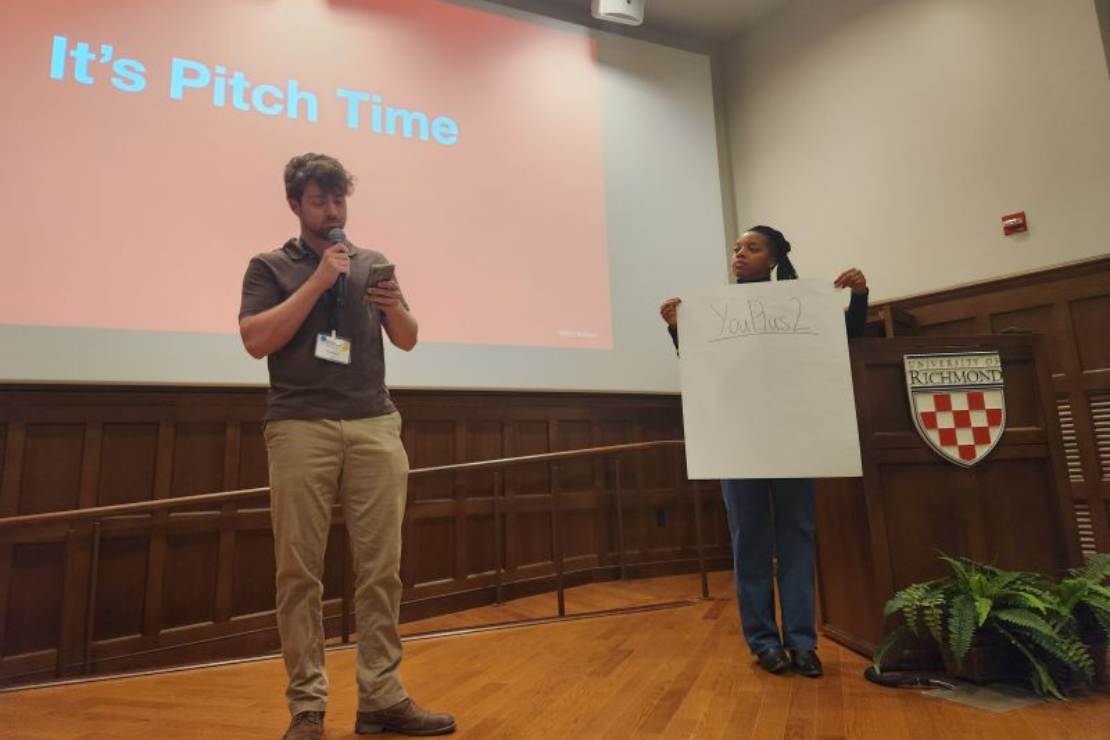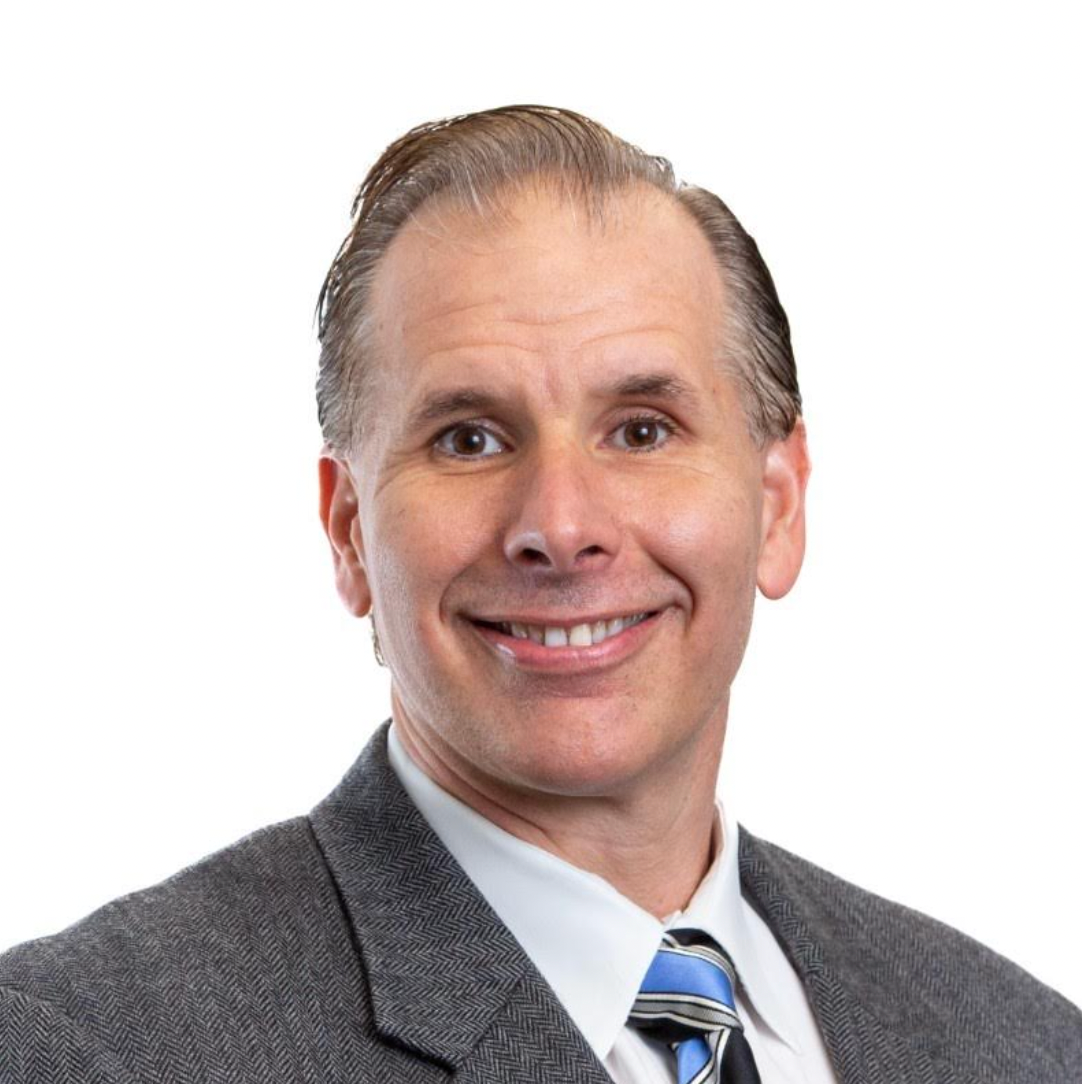Delivering on the Promise of More Diverse Startup Weekends and the Benefits of an Inclusive Founder Community
Jan 15, 2025

By Dale Fickett & Malliron Hodge, Techstars Community Leaders
When we think about the Startup Weekend events we’ve attended in the past, there is something special that stood out about the 2024 Techstars Startup Weekend for Richmond Changemakers. What differentiated it from other Startup Weekends was the intentionality around the racial and ethnic diversity of attendees, mentors, and coaches.
Diversity has long been associated with various benefits in early-stage venture development. These benefits include:
Variation of thought when assessing the challenges that prospective customers face;
Cross-pollination of ideas;
Re-imagining existing products for new demographic market segments;
Positive branding effects;
Bridging professional relationships that provide access to new suppliers or distribution networks.
It also means that new designs and business models may be more culturally relevant for varied target markets and that the solutions and related messaging will be more culturally relevant. The bottom line is that more diverse teams often outperform more homogenous ones (Please see: https://hbr.org/2024/11/reframe-the-value-proposition-of-diversity).
More broadly, a regional ecosystem benefits from engaging diverse founders, executives, investors, and policymakers. The ecosystem benefits by:
Attracting more substantial talent, which brings more varied professional networks;
Cultivating tangible examples of support organizations with a give-first culture where collaboration is valued over toxic competition;
Inculcating higher levels of economic resilience through adaptability as diverse founders identify counter-cyclical opportunities;
Fostering income mobility for those who may face more extensive barriers to entrepreneurship, providing forums for bridging understanding across social divisions;
Attracting investment from existing firms, as well as individual investors and family offices, who all value this broader collaboration as a marker of forward-thinking leadership.
For ecosystem leaders and organizers, building a culture around a Startup Weekend begins with the leadership of the organizing team, the diversity of the team itself, their priorities as articulated in event promotions, and the tangible ways in which team members have reflected this commitment in their body of work. Concrete examples and tangible results carry much more weight than slick marketing and temporary posturing. In Richmond, we have benefited from the community service of the University of Richmond, as well as the entrepreneurial income-mobility results for the founders at RVA Works.
Second, leaders should consider their team’s selection of sponsors and promotional partners. It conveys the extent to which the event is committed to engaging entrepreneurs who may work outside the conventional incubator and accelerator networks. In Richmond, we intentionally engage an array of promotional partners interested in this collaboration, including chambers of commerce, public schools, and advocacy groups that inherently reach more individuals within the community. In exchange for their willingness to promote the event to their respective audience, we are pleased to highlight each organization on our list of promotional partners.
Third, the leaders consider their selection of the Startup Weekend theme. This also makes a meaningful impression, as does the choice of workshop speakers, mentors, and judges. These choices signal the priority the organizing team places on a specific industry and areas of societal benefit. In Richmond, we have selected “Changemakers” because we wanted a broad term that included a wide array of founders while retaining our focus on social and environmental sustainability.
Finally, we invite Startup Weekend organizers, founders, and investors in various markets to embrace these recommendations aimed at promoting greater diversity and inclusion in their own regions and countries. It’s wonderful when facilitators take proactive steps to treat participants as cherished team collaborators. Adopting a “no person left behind” mindset helps everyone discover a team where they can share their expertise and enthusiasm!
By engaging the right stakeholders, diverse founders will experience a compelling weekend event, and they will gain awareness of an inclusion-focused founder community that provides access to post-weekend support services.
About the Authors

Malliron Hodge
Malliron (she/her/hers) hails from Bunn, NC, and now calls St. Louis, MO home. With a wealth of experience in community engagement, strategic planning, nonprofit management, human-centered design, and education entrepreneur coaching, she channels her passion into her consulting business, Malliron L Hodge Education Innovation Consulting LLC. Every day, she enjoys pursuing her love for early idea coaching and organizational design through her consulting work, all while uplifting Black women entrepreneurs in the early years of their journey through her organization, Baddies with Business.
She has a BS in Business Management from Winston-Salem State University, an MPA from Indiana University with a concentration in Nonprofit Management, and a certificate in Social Entrepreneurship.

Dale Fickett
Dale Fickett is an entrepreneurship professor at the University of Richmond, a contributing author at Forbes, and president of RVA Works. This Virginia nonprofit helps people overcome economic barriers to business ownership by providing a range of educational and financial services. They are now launching a new fintech product for access to small business credit. He has served in board appointments at the U.S. Senate Small Business Award Panel, the Virginia Catholic Conference, and the Commonwealth of Virginia.
Dale has lectured and conducted research on emerging technologies, healthcare barriers to entrepreneurship, entrepreneurial finance, and developmental economics. His contributions have spanned Trinity College Dublin, the Wharton School—University of Pennsylvania, the University of Virginia, and Northwestern University. His current work is focused on applying AI and blockchain technologies to reduce barriers to business ownership.
Previously Fickett led a venture in the retail sector and served as a strategy consultant with Accenture’s European Financial Services practice. There he led transformational programs for international Capital Markets and Banking clients. His passions are his family, and his missionary work in rural Haiti. He holds a BSBA from LaSalle University and an MBA from Villanova University.
